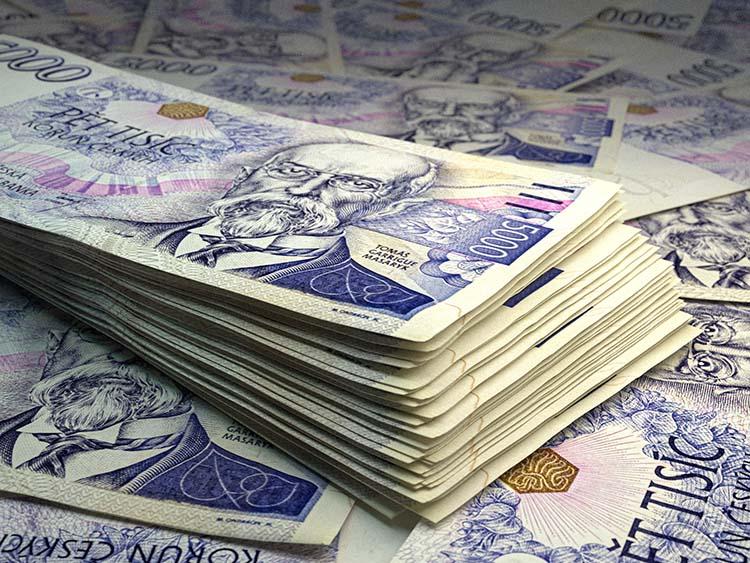Czechia's living standards near EU average
The standard of living in Czechia has improved since EU accession, with GDP per capita in purchasing power parity terms reaching 91 percent of the European average in 2023, compared to 80 percent in 2004, according to an analysis by bank Ceska sporitelna (CS) presented to journalists today.
Real GDP per capita in the Czech Republic has increased by 40 percent since the country's accession to the EU, from CZK 249,000 in 2004 to CZK 675,000 in 2023. Household consumption rose from CZK 150,000 to CZK 302,000 in the same period.
If the Czech Republic were not part of the EU, the country would fare worse economically, according to the analysis. GDP per capita last year would have been a fifth lower and household consumption would have fallen by a third.
"Overall, the Czech Republic is getting closer to the EU average standard of living, but some regions are moving further away. In particular, in the Karlovy Vary and Usti regions, the standard of living has risen more slowly since EU accession than in the other regions, even relative to the EU average. Among the Czech regions, living standards have risen the most in the South Moravia Region," said David Navratil, chief economist at Ceska sporitelna.
On average, the Czech Republic receives CZ 100-150bn a year from the EU budget, while its contributions to the EU budget amount to CZK 50-70bn. Thus, the Czech Republic has around CZK 70bn at its disposal each year thanks to the EU budget, which is more than the annual budget of most Czech ministries.
"Since 2004, we have received over CZK 1,000bn in total in EU money. Two thirds of this money has been used for cohesion policy purposes, that is for the development of individual regions. About a quarter of the budget is directed to the common agricultural policy and the rest is money for centrally managed programmes, such as the programme for science and innovation," said Ceska sporitelna analyst Petr Zahradnik.
The Czech Republic's unemployment rate has fallen from 6 percent to below 3 percent since EU accession and has been the lowest in the EU since 2016.
Due to rapid growth in recent years, the price level in Czechia has risen from 55 to 81 percent of the EU average between 2004 and 2022. However, wage levels are still at 60 percent of the EU average.
The poverty rate in the Czech Republic has nearly halved since EU accession, from 20 percent to around 11 percent. This positive development has been helped by the use of EU funds, the CS analysis said.
Source: Ceska sporitelna and CTK








